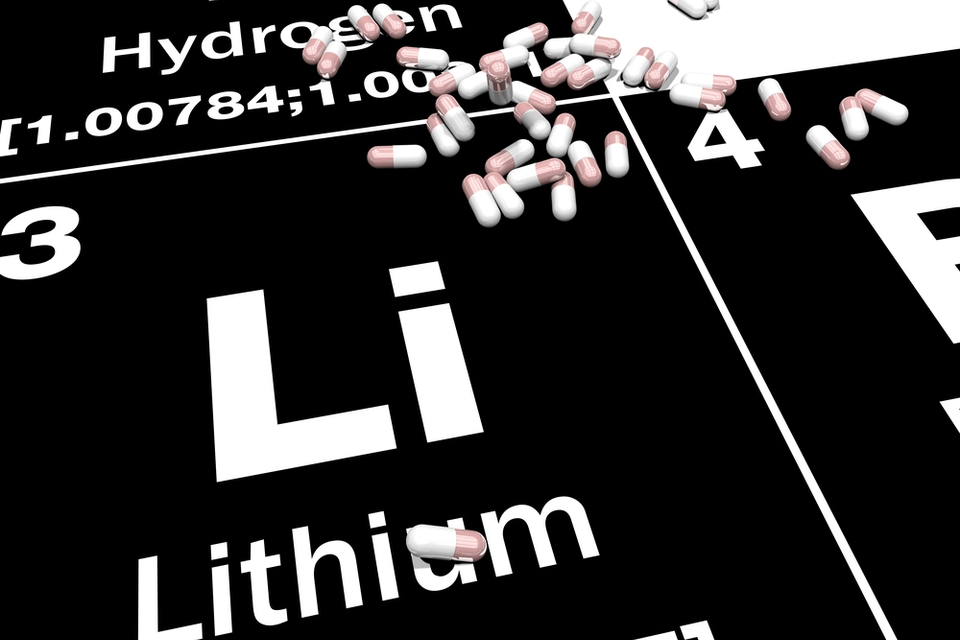A recent study from McGill University suggested that Lithium therapy could halt advanced Alzheimer’s pathology and restore cognitive functioning.
Scientists have always debated the value of Lithium therapy in treating Alzheimer’s disease and for good reasons.
Previous information on the method of treatment had considered various approaches, conditions, timing, and formulation. Also, the different dosages produce a varying outcome, which makes it challenging to compare treatment methods.
Another significant issue is that extended Lithium treatments in high dosage cause serious adverse effects. As a result, the approach has always been unsuitable for long-term treatment of the degenerative disease, especially in the elderly.
Now a team of researchers from McGill University, led by Dr. Claudio Cuello, may have put the debate to end.
The team showed that when lithium is given in formulation that facilitates passage into the brain, it can halt signs of advanced Alzheimer’s pathology. What’s more, the therapy can help with the recovery of lost cognitive abilities when administered in low doses.
Senior author of the study, Dr. Claudio Cuello, explained.
“While it is unlikely that any medication will revert the irreversible brain damage at the clinical stages of Alzheimer’s, it is very likely that treatment with microdoses of encapsulated lithium should have tangible beneficial effects at early, preclinical stages of the disease.”
The researchers published their findings in the recent edition of the Journal of Alzheimer’s Disease.
Using Lithium Therapy to Treat Alzheimer’s Disease
After various trials with conventional lithium formulation and dosages, the researchers identified an encapsulated lithium formation.
The new treatment reportedly has beneficial effects in a Huntington disease mouse model. So, the researchers decided to apply the lithium formulation to a rat transgenic model expressing human–mutated proteins causative of Alzheimer’s.
When the rat was at the early amyloid pathology stage, the team applied microdoses of lithium. According to Cuello, the concentration was 100 times lower than what health professionals administer for mood disorders.
It produced amazing results.
Cuello noted:
“These results were remarkably positive and were published in 2017 in Translational Psychiatry. And they stimulated us to continue working with this approach on a more advanced pathology.”
Spurred by the initial result, the researchers decided to apply the same Lithium formulation at later stages of the disease.
Like the early stages, experiments with advanced stages of the disease also produced a remarkable result. Not only did the treatment reduce advanced Alzheimer’s pathology, but the researchers noted that it also improved cognition.
Now, the researchers are investigating combination therapy to use with the Lithium formulation. Also, Cuello hopes to launch an initial clinical trial of the treatment.












Comments (0)
Most Recent